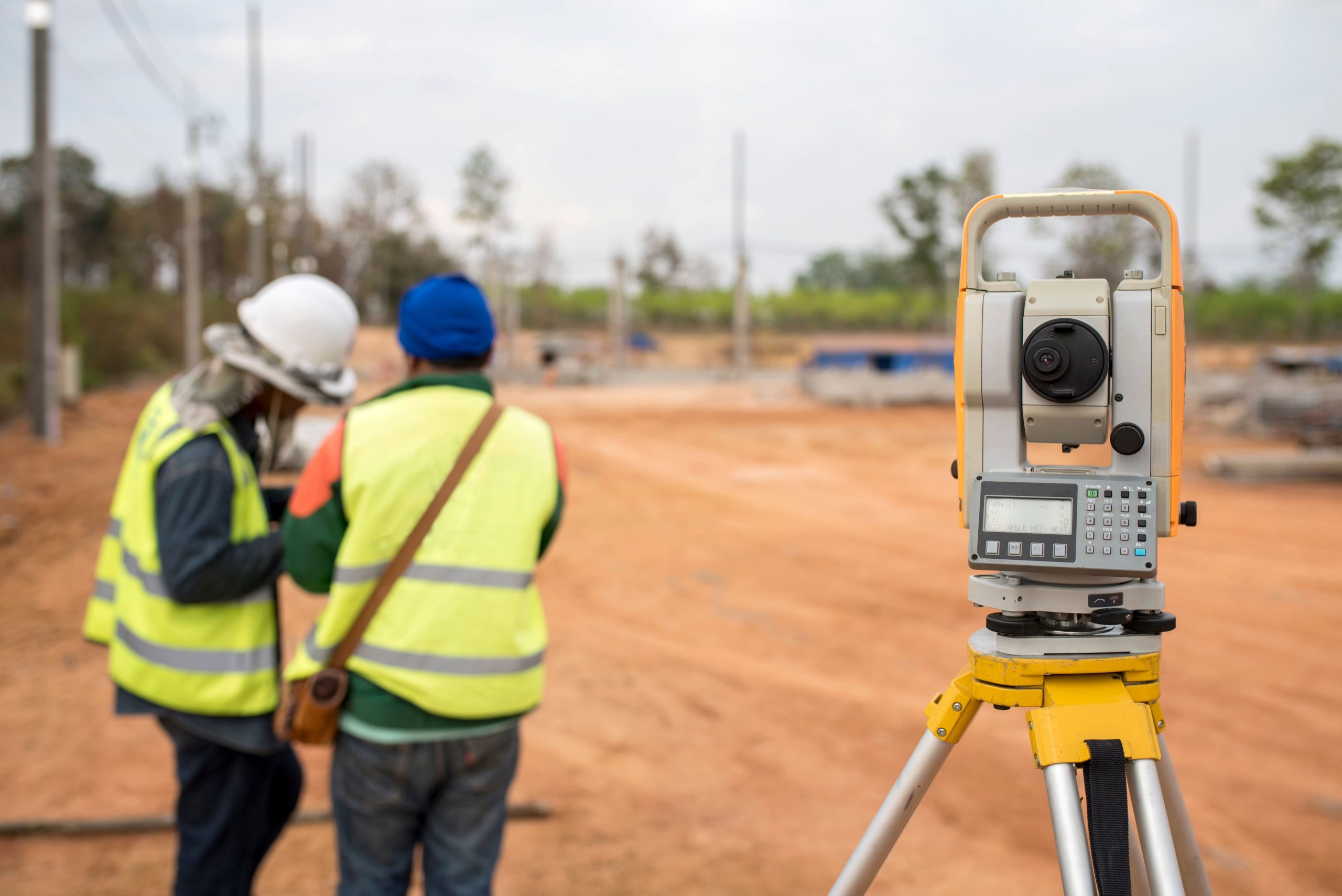
Anti-Racism Legislation
Overview
Who: The Ministry of the Attorney General
What: Broader legislation that will build on the Anti-Racism Data Act
Where: Province-wide
Why: To address systemic racism within our governments and institutions
How: Online
The Anti-Racism Act
The Anti-Racism Act (the Act), which became law on May 16, 2024, requires government to create and support an anti-racism strategy that will identify and address racism in public policies, programs and services. In doing this, the aim is to make B.C. a more equitable place for Indigenous and racialized people.
The Anti-Racism Act aims to:
- Address Indigenous-specific racism
- Use research conducted under the Anti-Racism Data Act as well as lived experiences of Indigenous and racialized communities to dismantle systemic racism and advance racial equity in B.C.
- Measure and report on government’s progress on addressing systemic racism
- Address urgent priorities identified by Indigenous and racialized peoples
- Advance healing for those harmed by systemic racism by investing in programs
- Hold government accountable and promote compliance with the Act
The Act requires government to develop an Anti-Racism Action Plan, which will outline how public bodies should address systemic racism, how progress will be measured and what accountability measures will be put into place. The plan will also include anti-racism training standards, indicators and recruitment targets for public bodies.
The plan will be reviewed and amended as needed every two years and will be made publicly available.
The next step in implementing the Act is appointing a Provincial Committee on Anti-Racism (PCAR) to advise public bodies on the development and adoption of the Anti-Racism Action Plan and its related commitments.
Why legislation is needed
Many people may think racism is not a problem in Canada, but racism exists in every province, including in British Columbia. Racism can take many forms such as systemic racism in policies and programs, or in attitudes and implicit biases. Racism harms individuals and communities and must be acknowledged and actively addressed.
Government is a colonial institution and many of its existing policies and programs do not adequately represent or serve the province’s diverse populations. It is government’s ethical and moral obligation to undo this legacy and tackle systemic racism, by ensuring access to its own programs and services is equitable for all.
The Anti-Racism Act provides a framework to identify and eliminate those gaps and barriers. It is another key part of how the Province is working directly with communities to address racism and hate.
Engagement summary and results
The Act was developed based on direct feedback and input from people and groups who face racism every day.
In 2023, an extensive engagement and consultation initiative was conducted. This included targeted co-development with the First Nations Leadership Council, the Alliance of BC Modern Treaty Nations, the BC Association of Aboriginal Friendship Centres and Métis Nation British Columbia. We also launched a public online survey that received 2,100 responses and provided grants to community organizations, which led 225 discussion events that were attended by over 5,000 people.
This engagement process empowered people in B.C. to share their thoughts on how government should address systemic racism in its programs and services. It was one of the largest and most comprehensive community engagements led by the Province in the development of legislation.
- Read the engagement reports
- More than 7,000 people shared thoughts on upcoming anti-racism legislation
- Sixty-eight organizations receive grants to help shape anti-racism legislation
How to access support
Government acknowledges that discussing, documenting and relaying experiences of racism can be difficult. The Resilience BC Anti-Racism Network offers support and resources on how to respond to and report hate crimes and incidents.
Additionally, people in B.C. who witness or experience a racist incident can call the Racist Incident Helpline. The helpline is a toll-free, accessible service that offers trauma-informed, culturally appropriate support in more than 240 languages. It was created for people who have been subjected to discrimination based on the colour of their skin, culture, ethnicity or place of origin. Callers will receive support and guidance, which could include referrals to local community support services, such as counselling.






